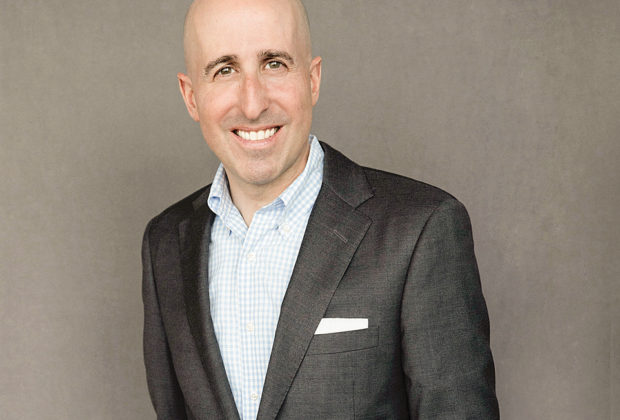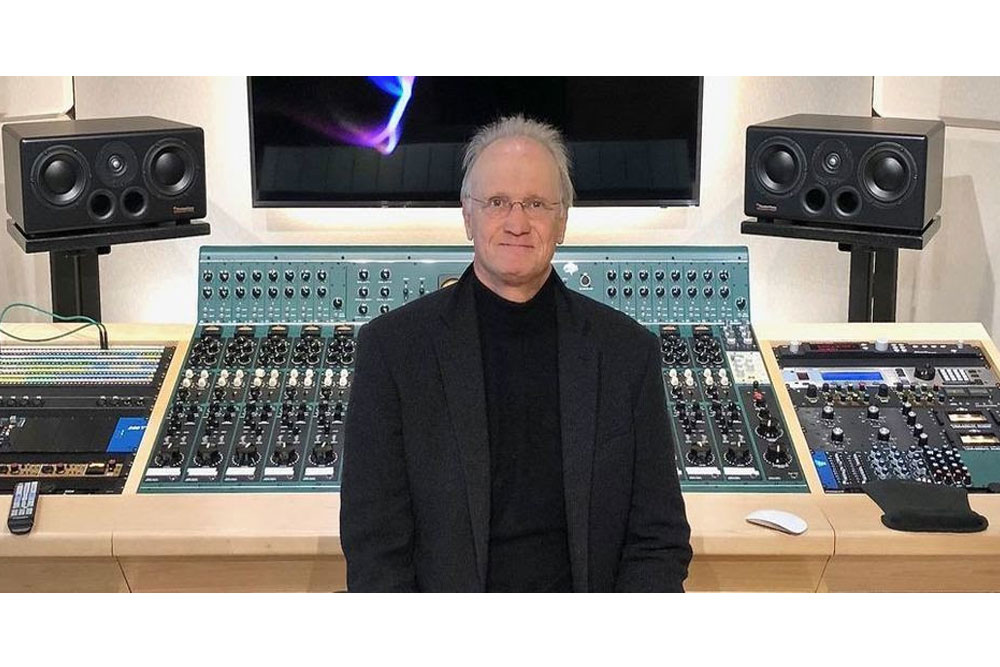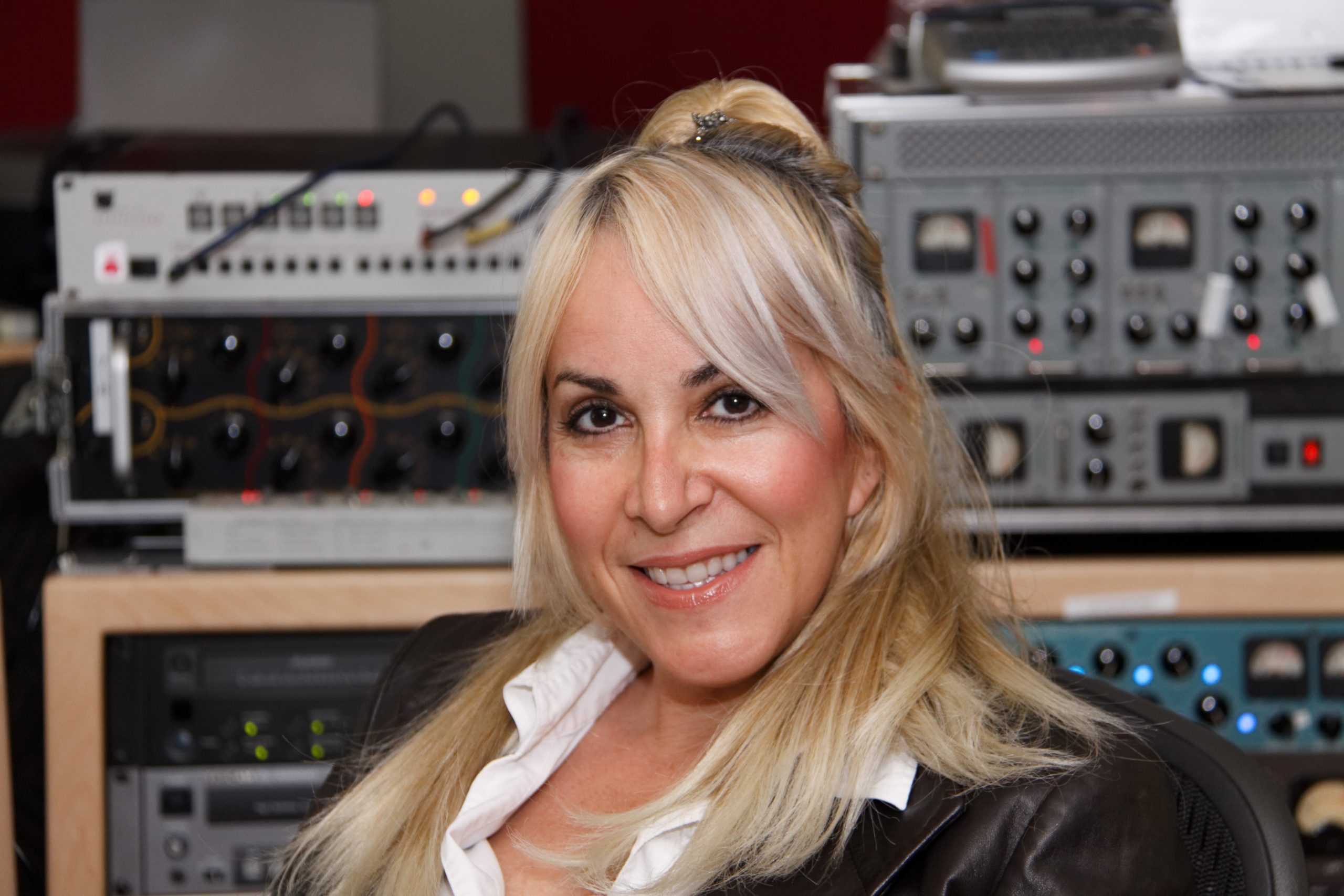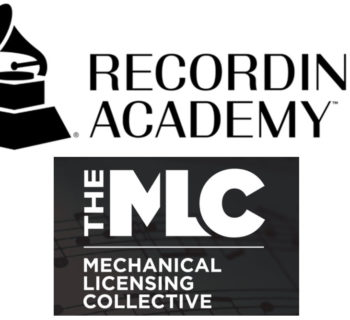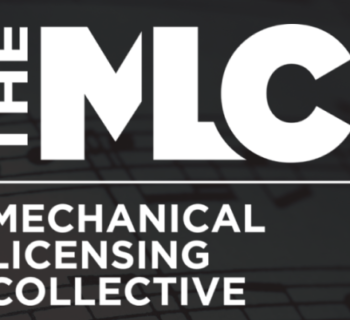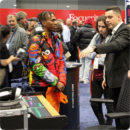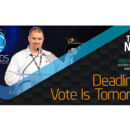CEO
Years with Company: 1
Address: 4322 Harding Pike, Suite 417, PMB #77, Nashville, TN
Web: themlc.com
E-mail: marketinginfo@themlc.com
Clients: Self-administered Songwriters, Composers, Lyricists, Music Publishers, Administrators, CMOs
BACKGROUND
As one piece of 2018’s Music Modernization Act, The Mechanical Licensing Collective was built to distribute mechanical royalties generated via streaming and download services to songwriters, publishers, lyricists and composers. Previously an in-house attorney for Sony, Kris Ahrend became the non-profit’s CEO last year. This January, The MLC began making distributions under the newly established blanket license agreement.
The Path to MLC
My first passion was for the performance part of music. As I got older, I began to understand what it means to make a living on the creative side of the business. I realized I didn’t have the talent to do that and also how challenging it was.
So I started to think about other career paths and there were things that made becoming a lawyer attractive. What appealed to me was the idea that lawyers serve as advocates for others. I worked for a couple of judges and then at a law firm in New York City, where I represented large companies. It was very rewarding, but I realized that wasn’t where I wanted to spend my career. That’s when I started to connect the dots. Was there a way for me to connect this legal career back to the creative part of who I am?
Supporting Creators
There are folks who are creators and then there are folks who work to support creators. The promises we make on the support side are, one, to cultivate their creativity and bring it to market. The second thing is—we will pay them, that business part which assures that creators can keep making a living from creating. I found myself drawn to that second promise. Warner Music made the decision to move a number of teams to Nashville and set up a company that would manage 15 teams providing a host of services related to that second promise. Building that company was a test run for me, because that’s essentially what The MLC is.
Continually Building
We’re building the first pieces. Once we get those pieces in place, we can make things better and build the next. For example, we established the database through our vendor relationship with HFA [Harry Fox Agency]. Then we built a member portal that our users will be able to use to see their data, make changes and submit new works. As we move into [2021], we’ll build the royalties part of the portal, so when we start paying people they’ll be able to see their royalty statements and other information. There isn’t one moment where everything gets turned on. It’s a series of milestones.
Customer Support
We hired a very talented executive [Lindsey
Major], who worked for Lyft and SmileDirectClub. She had experience building and running support teams at those companies. She led an effort to build a robust support team for us. Between her team of core folks and the 10 associates we hired in the spring, we’ve got 16 people addressing any questions. Our support team is available 12 hours a day, five days a week and then eight hours a day on Saturday.
Unmatched Royalties
The law provides [digital service providers] with the option of passing over all their historic unmatched activity to The MLC by Feb. 15. If they provide the data, we assume responsibility for matching that unmatched activity and then paying the proper rights holders. That’s a choice. They don’t have to do it, though we’re certainly hopeful they will.
Going forward, it’s likely inevitable that there will be some activity we can’t match. The single most important thing we can do to minimize unmatched activity is to ensure that our members have the ability to see their data and make sure it’s accurate.
We have to make the ownership data we compile available publicly for free. Anyone can go to our website and look up data about a musical work. We also have to make our data available in a bulk feed at a nominal cost.
Improving Data
We launched the Data Quality Initiative earlier in the spring. It essentially gives people a way to compare their musical works data with the data that we have. If they deliver that data to us, we run that comparison and send them a report that shows the discrepancies between the two sets. If you manage a catalog with 10,000 works, maybe there are only 50 that have discrepancies; the report only shows discrepancies for those works. That helps people hone in on potential issues.
The Power of Webinars
Outreach and education is, in many ways, the overarching objective of The MLC. There is an ongoing flow of new creators we need to reach so they understand what they need to do to collect their share of mechanical royalties. We have held dozens of webinars, reaching more than 10,000 people. We allot significant time for questions. We’ll say 40 minutes presentation, 20 minutes questions and then often we stay an extra 30 minutes. That has been incredibly effective.
Reaching Students
We knew that one way to reach young creators was through music business programs. We have a Head of Educational Partnerships, Serona Elton, who is a professor at the University of Miami. She is leading our efforts to connect with music educators to get them information about The MLC that they can share with their students. A couple weeks ago, we launched our educators tool kit, which includes PowerPoint slides, lecture notes, a video, sample test questions, in-class exercises, all the things a professor would need for their curriculum.
One idea is an ambassador program where students and faculty would learn about The MLC and then we would designate them ambassadors. We’ve also talked about how students could help local creators through the membership process.
Registering Songs
There are 10 questions you need to answer to register a work. Most of [the answers to those] questions you probably know already. What’s your name? What’s the name of the song? Who are your co-writers? You may not know what your splits are, but you’re the best person to figure that out. So that’s fairly straightforward.
The three, key data points are alphanumeric IDs. The ISWC (International Standard Musical Work Code) is the unique identifier for songs. The ISRC (International Standard Recording Code) is the unique identifier for sound recordings. And the IPI (Interested Party Information) number can be assigned to a songwriter or publishing entity. Each helps identify an individual work, sound recording or writer or publisher.
Doing Your Part
In order to do our job effectively, the data we maintain has to be as accurate as possible. If you’re a songwriter or publisher, the best thing you can do is engage with us and make sure your data is accurate. Our success will be dependent upon the efforts of our members. We don’t know whether a member’s data is right or not. We can create a database that will be used to process all activity and make it as easy as possible for members to check and improve, but ultimately they’re the source of truth. And we want them to be that source of truth. That’s what makes the MMA and The MLC so empowering for publishers and creators—they are defining the data that we use to pay them. And if defined accurately, they will be paid properly.

